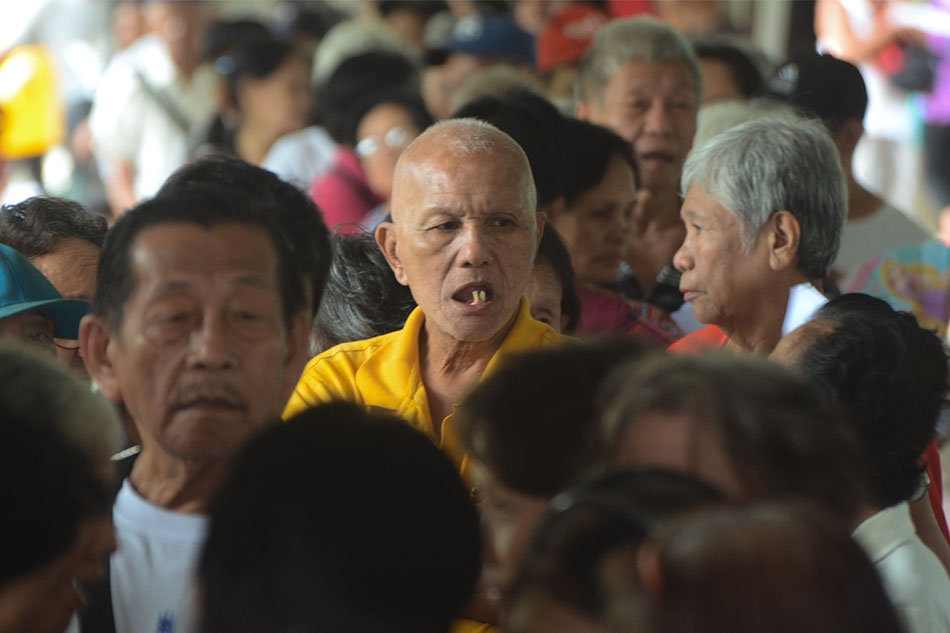Care for Elderly, PWDs may soon become law
By Mark Angelo Mañez
 |
| PHOTO: ABS-CBN News |
MANILA, Philippines — Abandoning or neglecting the elderly and persons with disabilities (PWDs) may soon become punishable by law after a bill was filed in the House of Representatives penalizing persons found to have abused that sector of society.
“The rising cases of abandonment and abuse experienced by our elderly and PWDs is troubling, especially amid a pandemic where they are most vulnerable,” said Rep. Alfred Vargas, chairman of the House committee on social services and author of the bill titled “Care for the Elderly and Persons with Disability Act.”
“We just cannot let this criminal neglect and abuse to continue. We have to take care of them and penalize those heartless individuals for such inhumane acts,” Vargas said.
If passed, persons found guilty of criminal neglect would be punished by imprisonment of not less than one year but not exceeding five years, and meted a fine not less than P10,000 but not exceeding P100,000.
The measure provides that a person is guilty of criminal neglect if he/she “knowingly acts in a manner likely to cause the vulnerable elderly person or the person with a disability’s life to be endangered, health to be injured, or preexisting physical or mental condition to deteriorate.”
He or she is also guilty if the person fails to perform acts which he/she knows necessary to maintain or preserve the life or health of the vulnerable elderly person or the person with a disability or abandons them.
The lawmaker said it is the government’s duty to protect the elderly and PWDs from neglect and abuse, and expressed hopes his bill would help promote their welfare and provide mechanisms for legal redress.
Meanwhile, Vargas yesterday called on owners of radio stations, newspapers, cable TV and government stations to help convince the public to accept vaccination as the best solution to beat the COVID-19 pandemic.
Vargas, also House vice chairperson of the committee on public information, said under the relevant sections of each of the franchises to operate granted by Congress, radio and TV stations are mandated to provide free public service airtime to government during emergencies and calamities in the amount of 10 percent of paid commercials and advertisement it airs.
He said the move could be a contribution of private sector owners to the government’s information campaign to reduce vaccine hesitancy.
He said he would meet with Presidential Communications Secretary Martin Andanar and owners of TV, radio and print outlets to help in the campaign.
“I call on members of the Kapisanan ng mga Brodkaster ng Pilipinas and print organizations to join hands with the government in a united effort to convince our people and promote vaccine confidence.”
Recent research showed that a big number of Filipinos are hesitant to be vaccinated as a result of several issues such as the Dengvaxia hysteria, vaccine efficacy and lack of information.
Lulu Bravo, executive director of the Philippine Foundation for Vaccination, explained that there are many people willing to be vaccinated if they are provided the correct information on the effects of vaccines on their health.
“If we are able to answer and explain all their questions, many more will be willing to be vaccinated,” Bravo said.
RELATED ARTICLE: Philippine Star
